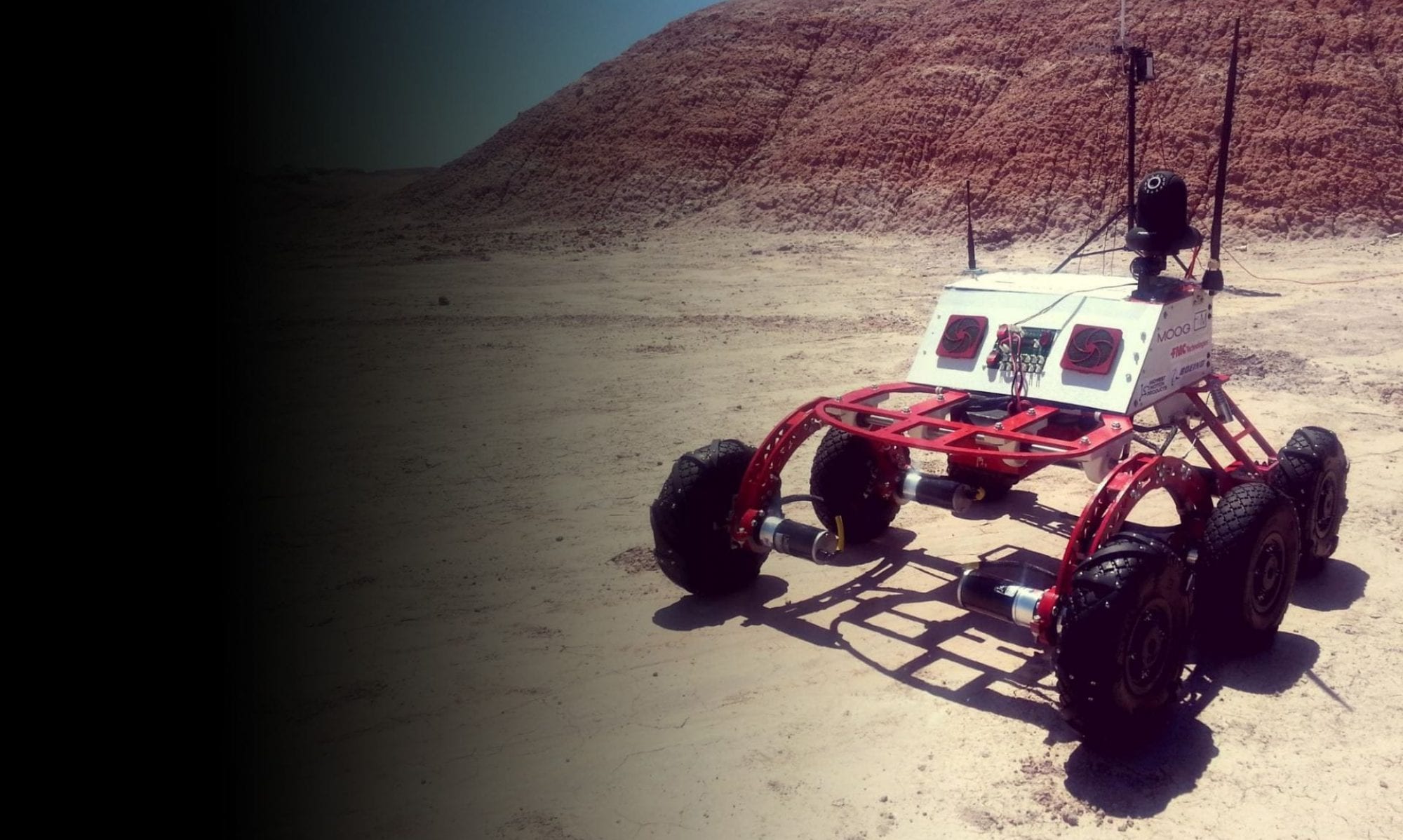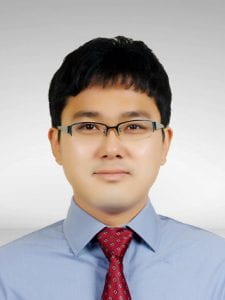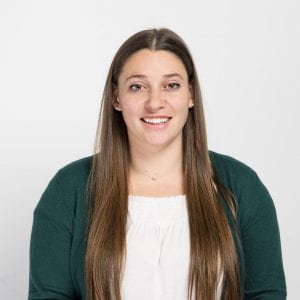Date: 9/29/2022
Speaker: Xue Bin (Jason) Peng
Location: 122 Gates Hall and Zoom
Time: 2:40 p.m.-3:30 p.m.
Abstract:
Humans are capable of performing awe-inspiring feats of agility by drawing from a vast repertoire of diverse and sophisticated motor skills. This dynamism is in sharp contrast to the narrowly specialized and rigid behaviors commonly exhibited by artificial agents in both simulated and real-world domains. How can we create agents that are able to replicate the agility, versatility, and diversity of human motor behaviors? In this talk, we present motion imitation techniques that enable agents to learn large repertoires of highly dynamic and athletic behaviors by mimicking demonstrations. We begin by presenting a motion imitation framework that enables simulated agents to imitate complex behaviors from reference motion clips, ranging from common locomotion skills such as walking and running, to more athletic behaviors such as acrobatics and martial arts. The agents learn to produce robust and life-like behaviors that are nearly indistinguishable in appearance from motions recorded from real-life actors. We then develop adversarial imitation learning techniques that can imitate and compose skills from large motion datasets in order to fulfill high-level task objectives. In addition to developing controllers for simulated agents, our approach can also synthesize controllers for robots operating in the real world. We demonstrate the effectiveness of our approach by developing controllers for a large variety of agile locomotion skills for bipedal and quadrupedal robots.
Bio:
Xue Bin (Jason) Peng is an Assistant Professor at Simon Fraser University and a Research Scientist at NVIDIA. He received a Ph.D. from the University of California, Berkeley, supervised by Prof. Sergey Levine and Prof. Pieter Abbeel, and an M.Sc. from the University of British Columbia under the supervision of Michiel van de Panne. His work focuses on developing techniques that enable simulated and real-world agents to reproduce the motor capabilities of humans and other animals. He was recipient of the SIGGRAPH 2022 Outstanding Doctoral Dissertation Award, RSS 2020 best paper award, and the SCA 2017 best student paper award.




